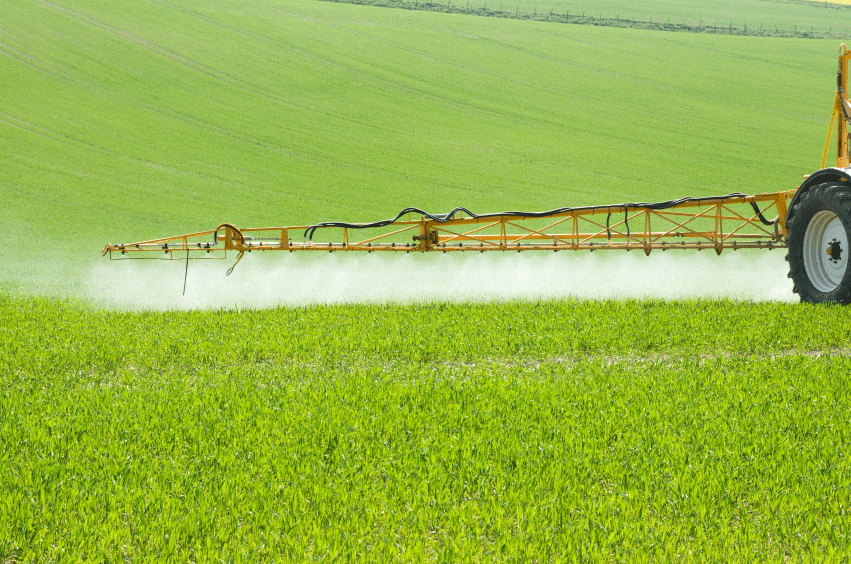Is conventionally grown soy healthy?
One of the primary reasons to avoid soy products is because 90% or more of the U.S. grown soy is GM (genetically modified) by Monsanto. GM soy is “Round-Up Ready”, meaning the plant can tolerate being saturated with the herbicide Round-Up. Strong research in rats and hamsters show that the most damaging effects of GMO’s occur in the 2nd and 3rd generations of exposure. Findings by Russian scientists included a 5-fold increase in death rates in 2nd generation hamsters compared to that of the control group, and sterility in 3rd generation hamsters…and growing hair in their mouths…Wow. 
So, is organically grown soy healthy?
Organically grown soy does not have the above shocking issues, however, there are still other health concerns.
- Goitrogens. This substance interferes with iodine metabolism and thyroid function. If you have a slow thyroid or suspect you have a slow thyroid, I would eliminate soy from your diet immediately.
- Isoflavones. This is a plant compound that mimics human estrogen. This disrupts the endocrine system and throws off testosterone levels in men. Elevated estrogen levels can increase cancer risk and signals the body to store more fat.
- Phytic acid. This prevents absorption of calcium, iron, and zinc.
- Hemagglutinin. This is a clot-promoting substance that inhibits proper distribution of oxygen to tissues. Yikes!
- High omega-6 content. This can lead to an unfavorable omega-6 to omega-3 ratio, causing inflammation in tissues among other negative health effects.
Fermented: The only soy healthy for you
The fermenting process breaks down the bad stuff like goitrogens, isoflavones, and other harmful elements. Fermented soy healthy products are:
- Natto. You can find this in Asian food stores.
- Miso.
- Tempeh.
Lastly, in order to avoid soy it is important to read ALL food labels. Soy is in nearly all packaged products, used as a cheap filler, thickener, or stabilizer. Just because you aren’t drinking soy milk and eating tofu doesn’t mean you are safe. Watch for soy lecithin, soy protein concentrate/isolate, texturized vegetable protein, hydrolyzed vegetable protein, soy oil, and mayonnaise.